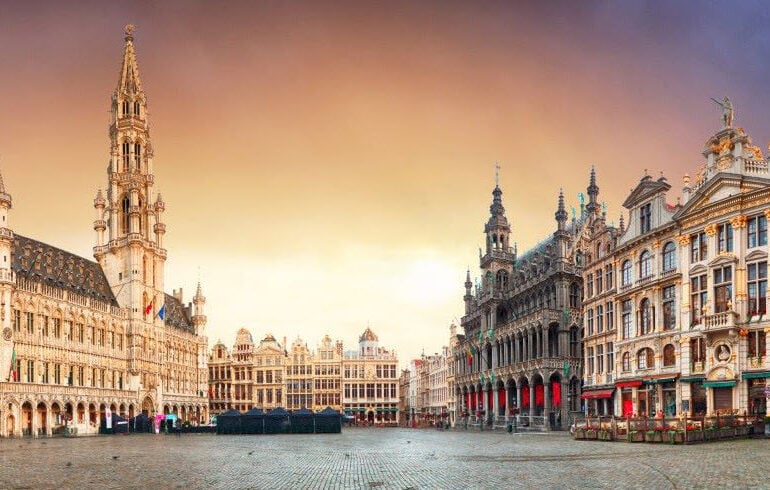In recent years, competition law enforcement has intensified in key emerging markets with significant developments in other developing countries. It is vital for companies to remain compliant with applicable antitrust laws and continue their commercially independent behavior. In this webinar, we provided the latest key antitrust and competition developments for the past year in emerging markets in Europe, Middle East and Africa and strategized for what is on the horizon.
Defining, identifying and addressing inappropriate workplace behavior is increasingly a business-critical issue. Although local differences apply, many jurisdictions have similar legal requirements for protection of employees. This article explores the current legal framework, as well as the risks and litigation landscape, in the United Kingdom, Spain, the Netherlands, South Africa and the United Arab Emirates.
Across the continent, countries are gearing up for the energy transition by updating and modernizing policy and legislative frameworks that consider the need for a renewable, decarbonized, decentralized energy supply that addresses climate change and Paris Agreement commitments.
The latest edition of our Competition in Africa Report offers a detailed analysis and overview of recent developments in competition law enforcement and competition policy in 32 African jurisdictions. This report also provides an overview of regulatory and legislative dynamics and challenges in selected markets.
In recent years, competition law enforcement has continued to intensify in key emerging markets in the EMEA region. In our 60-minute “quick hits” webinar, we will provide an update on the latest key competition law developments, compliance tips, and pointers on what is on the horizon. The webinar will take place on Wednesday, 10 July 2024 at 15:00 BST / 16:00 CEST for one hour.
The renewable energy sector is shining a bright light on the African continent’s M&A sector, with growing investment in the sector expected in the next few years. To improve direly needed access to power for all Africans and to fulfill net-zero commitments, public and private investment and the sourcing of innovative, alternative financing for the energy transition are ramping up in countries across the continent.
Numerous initiatives aimed at building Africa’s climate resilience were announced at the 28th Conference of the Parties (COP 28) in Dubai in December 2023, including the establishment of green banks, greenhouse gas trading systems, public-private partnerships, transformative financing measures such as green bonds and sustainability-linked instruments, as well as a host of new funding pledges. Some of the key announcements affecting Africa are listed below.
The capabilities and use cases for AI and ML are moving at lightning speed, and the law is trying to catch up. Legal, compliance and governance functions must manage risk and develop processes and policies for AI projects that work with the law as it is today, while also anticipating the coming wave of legal, regulatory and technological change.
In this webinar series, our EMEA team discussed the IP and data privacy issues raised by AI, the developing regulatory landscape and practical issues when contracting for AI.
On 27 June 2023, the US Departments of State, the Treasury, Labor, Commerce, and Homeland Security, and the United States Agency for International Development issued a joint advisory — the Africa Gold Advisory — that (i) highlights the opportunities and specific risks raised by the gold trade across sub-Saharan Africa and (ii) encourages industry participants to adopt and apply strengthened due diligence practices to guard against such risks.
Today’s global economy demands that businesses expand beyond borders, but they face hurdles from customs, as well as regulatory barriers in different countries and regions that make this expansion challenging. The South African Revenue Service Authorised Economic Operators programme offers numerous benefits for businesses trading within the regional market of the Southern African Custom Union and internationally. Such businesses include manufacturers, importers, exporters, brokers, carriers, consolidators, intermediaries, ports, airports, terminal operators, integrated operators, warehouses, distributors, and freight forwarders.



